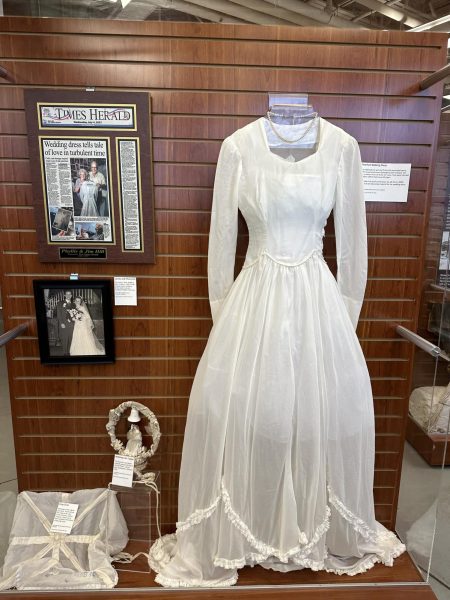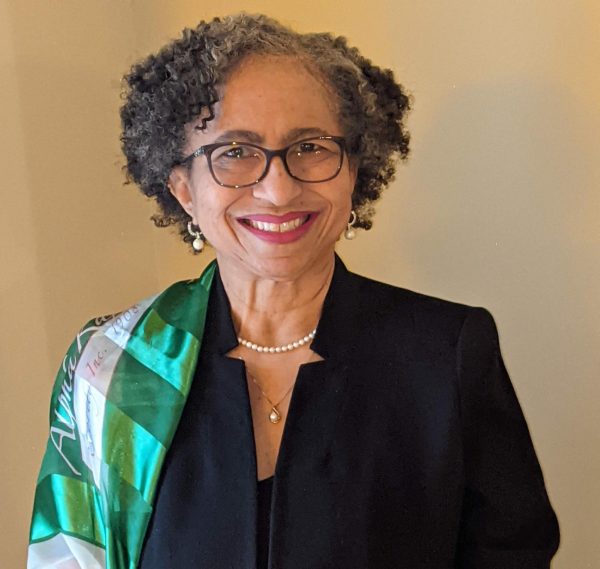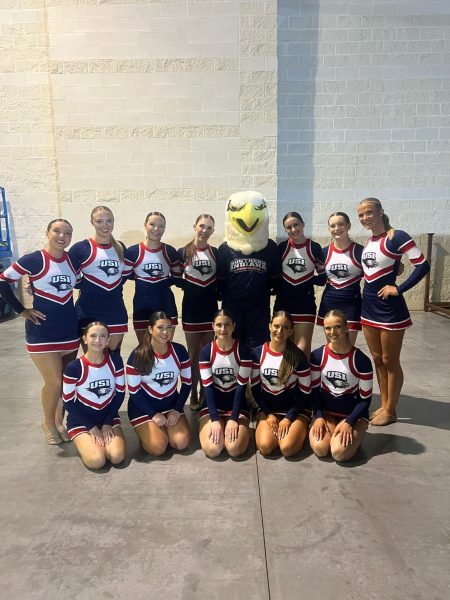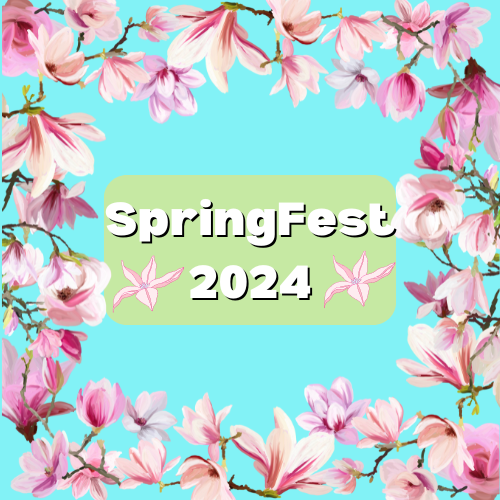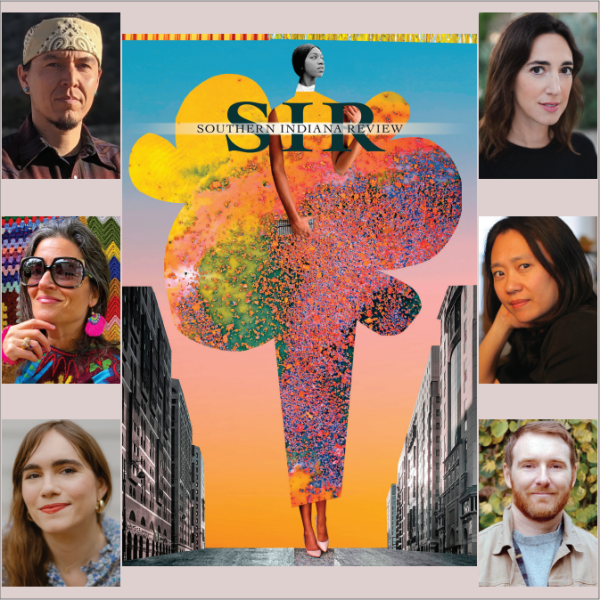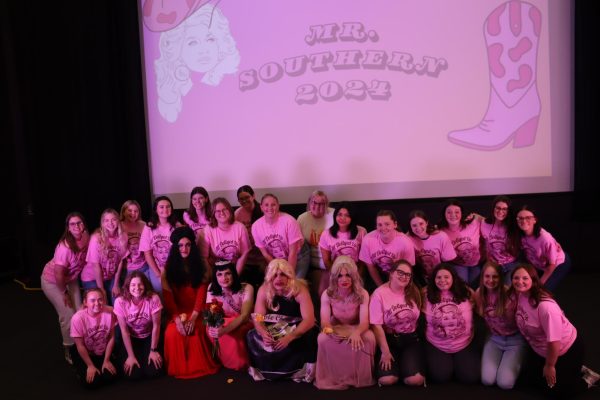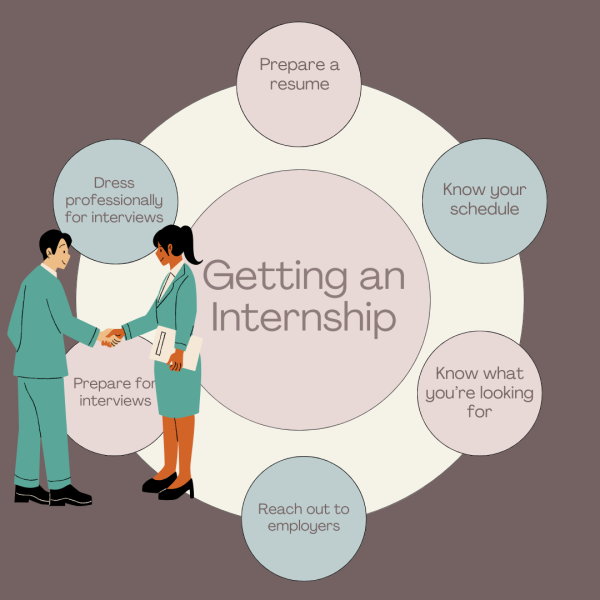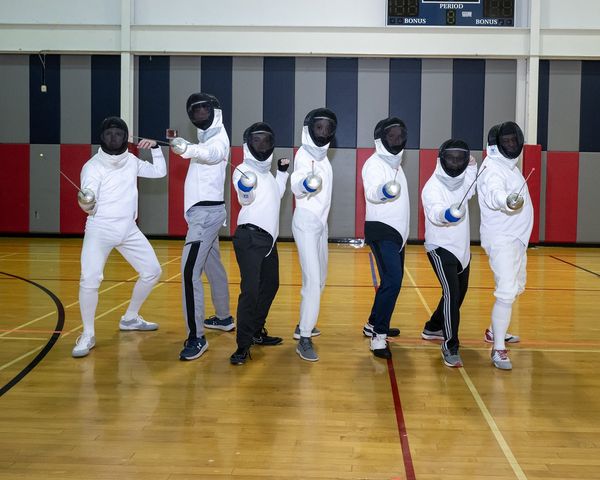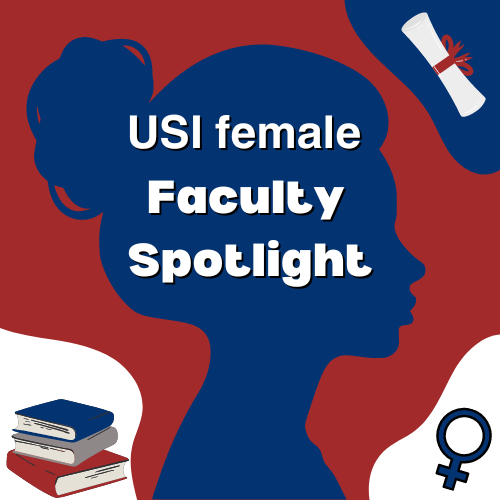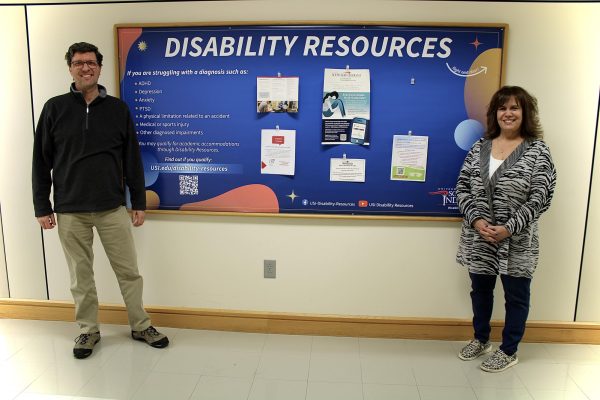The power of the human voice
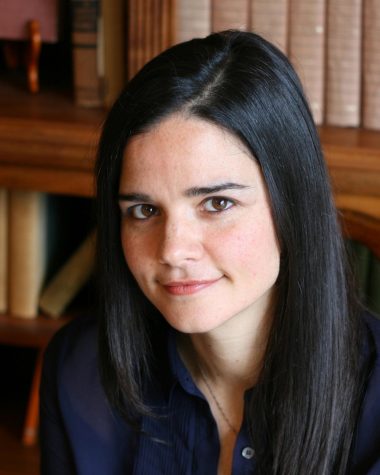
Elena Passarello will present her work for the Southern Indiana Reading Series at 4:30 p.m. Feb. 19 in the Performance Center.
The Shield interviewed essayist Elena Passarello who will present her work for the Southern Indiana Reading Series with Hanif Abdurraqib, at 4:30 p.m. Feb. 19 in the Performance Center.
The Shield: How did you end up coming to USI?
Elena Passarello: I was lucky enough to be asked to be the New Harmony writer in residence last summer. I spent the better part of July and August in New Harmony at the USI Scholar’s House. I had a great time and part of that, being the New Harmony writer-in-residence, was that I was to come back when school was in session and meet and engage with the student body who weren’t there when I was there in July and August.
The Shield: How would you describe your work?
Passarello: I think I write kind of wild essays. I’m really interested in essays that use research and imagination in equal parts. My essays are rarely personal, they’re more interested in things that fascinate me about the world we live in and taking those fascinating things and presenting them in a way that’s somewhat unorthodox or unruly or energetic.
The Shield: When did you start writing essays?
Passarello: I went to college in the ‘90s…there was this thing in the nineties where personal essayists would write these short fun pieces for magazines about their lives and they were often very funny and they were short and usually based in personal experience, and I thought that that was really cool. I was like, “Oh, I want to do that.” I like the idea of doing these kinds of almost stand up comedy routines about my life. So, I started in college after reading those kinds of writers trying to do those sorts of things and pretty quickly I got more into essays that, rather than just recounting experiences, used research to talk about something interesting that was happening in the world. I found that I kind of got bored talking about myself pretty quickly, but I never got bored finding these sort of interesting things to engage with and talk about that are happening outside of myself.
The Shield: Your first essay collection you published was “Let Me Clear My Throat.” Can you talk about that?
Passarello: That’s the collection of essays about the human voice and performance. All of the essays involve a moment in which a human used their voice to do something and it got recorded or remembered in a certain way and sort of affected the culture, so screams like the Howard Dean scream or Marlon Brando’s Stella scream or singing like Frank Sinatra or Judy Garland…or these kinds of weird moments of vocal production like the castrati, the famous castrated opera singers of the eighteenth century, or ventriloquists, which I’m kind of obsessed with ventriloquists. Why do they exist and why do we like that?
The Shield: Why did you choose to write about that topic?
Passarello: I don’t know. The thing about being an essayist it’s like being a short story writer. You work in these short forms, so usually you don’t sit down to write a collection of essays. You usually independently generate a couple and then you’re like, “Hey, there’s a theme here,” and then you make some more around those. So, I think I initially just kind of wrote an essay about something I thought was interesting and I realized that one of the things that interested me about it was the voice thing and maybe I wrote another essay that did that and then I realized that this was the kind of thematic punch that I could stick with for a while.
The Shield: Your second collected was “Animals Strike Curious Poses.” Do you want to talk about that one?
Passarello: That’s a collection of essays about famous animals in human history.
The Shield: And what made you decide to write about that?
Passarello: Animals are cool.
The Shield: Was there anything you discovered while writing that collection that really surprised you or really stuck out to you?
Passarello: Yeah, sure, tons of things. That’s what happens when you write a book. You write a book so that you can make new discoveries. So really, everything in the book is a surprising discovery. I think that’s one of the reasons that people traffic in this genre.
The Shield: Are there any specific essays you’ve written you’re especially proud of?
Passarello: I usually try not to spend too much time thinking in that way because it doesn’t really matter what I’m proud of or what I like. I’m always very proud when I finish something because it’s always a shock to me. It’s like, “Oh my god. I can’t believe I did it.” When they’re over they’re just kind of, they are what they are. I don’t really think that much more deeply about them.
The Shield: What do you think students will get out of the reading?
Passarello: I don’t know. It’s hard to know with an individual person, especially a student, there are lots of different types of students and lots of different types of interests. But I think it’s really important when a visiting writer comes to a school that they are respectful of a student’s time and that they try to be clear with the student and the student groups, and they try to explain what they’re doing and also they try to put on a little bit of a show. There are a million other places that you could be before you go to a reading, so I try to make sure that what I’m is clear and loud and entertaining rather than just sort of standing up there and being like, “I am a writer. Listen to me.” The thing I love to have happen at these readings is usually, there’s a Q&A, where the writer and the audience get to talk to each other and so I really hope to make that a conversation. I love having a conversation afterward about whatever the students are interested in talking about in terms of writing or publishing or the creative world. And so that’s something to expect, the opportunity for a conversation at the end of the reading.
The Shield: Are there any essays you are working on now?
Passarello: Right now, I am writing an essay about Nick Cave and his song “Red Right Hand” which the theme some for that TV show “Peaky Blinders.” I’m just thinking about that song and its history and its origins and why it’s important.
The Shield: Do you have any final thoughts?
Passarello: I just wanted to say it was really fun for me to be in New Harmony over the summer, and I was kind of bummed that I didn’t get to check out USI while I was there for a whole month, so it’s really exciting to be able to come back and get to meet some students and spend a little bit of time with the faculty. I’m really looking forward to next week.

